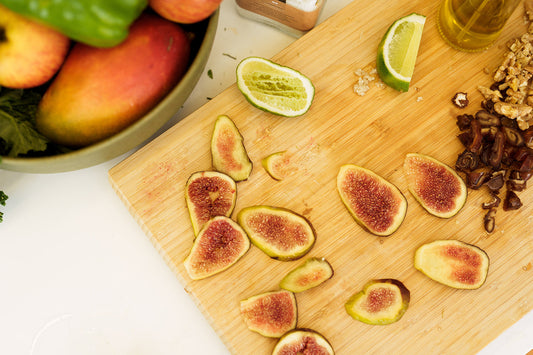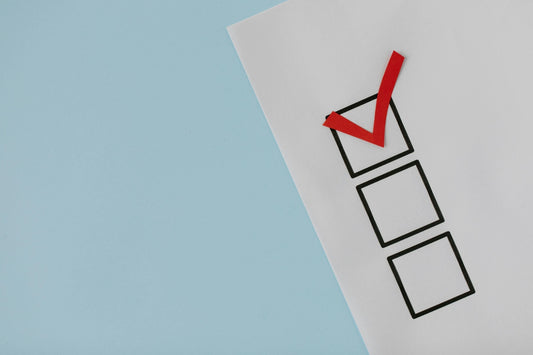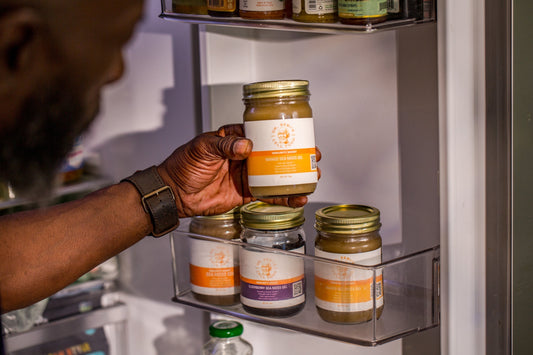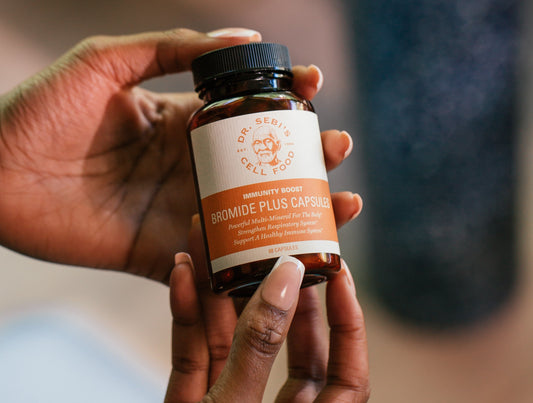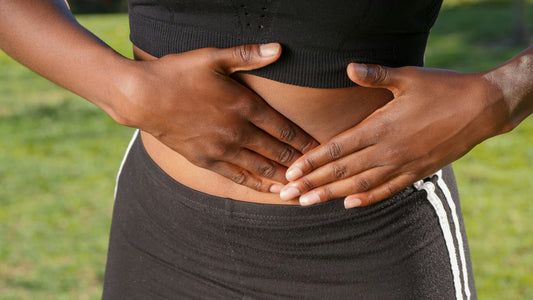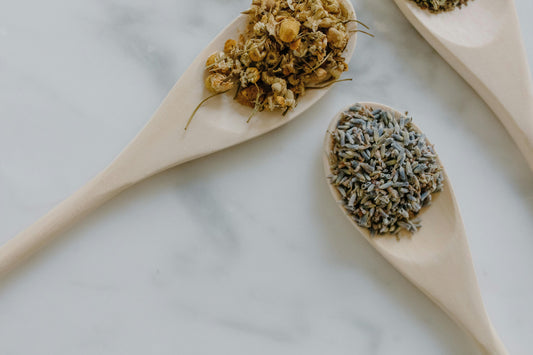If your energy levels are hitting rock bottom and coffee just isn't cutting it, iron deficiency is among the common culprits. When your body doesn't have enough iron, it doesn't just tire you out; it sends out some pretty strange SOS signals that you might not realize are related to low iron levels.
Iron plays a pivotal role in the body, serving as a main component of hemoglobin, the protein in red blood cells responsible for carrying oxygen from the lungs to the rest of the body. Without sufficient iron, the body can't produce enough healthy red blood cells, which leads to a condition known as iron deficiency anemia.
According to the World Health Organization, iron deficiency is the top nutritional disorder in the world, affecting an estimated 2 billion people globally. It's particularly prevalent among women of childbearing age, pregnant women, and young children.
While it commonly presents symptoms such as fatigue, weakness, and shortness of breath, there are other, stranger signs. From restless legs at night to a sudden craving for ice cubes, the unusual signs of iron deficiency are more common than you think.
Signs You Are Iron Deficient
Iron deficiency can lead to a range of symptoms that may seem unrelated at first. From general fatigue to more specific signs, recognizing these symptoms is crucial for early detection and treatment.
According to the American Society of Hematology, common signs of iron deficiency include:
- Fatigue
- Shortness of breath
- Heart palpitations
- Frequent infections
- Hair loss
- Pale skin
- Headaches
- Cold hands and feet
But here are some lesser-known ways your body tells you you’re low on iron.
1. Pica
Is eating paper a sign of iron deficiency? It can be. Pica, the craving for non-nutritive substances like ice, dirt, or paper, is a peculiar symptom of iron deficiency, according to a March 2010 case study in the Journal of Medical Case Reports.
It's believed that these cravings result from the body's attempt to obtain missing nutrients or to soothe the oral discomfort associated with iron deficiency.
While the exact mechanism remains a topic of research, studies suggest a link between iron deficiency and altered dopamine levels, a neurotransmitter involved in reward and pleasure circuits, which might drive these unusual cravings.
2. Spoon-Shaped Nails
Spoon-shaped nails, or koilonychia, is a condition where the nails become concave. Iron is important for the synthesis of collagen, a key protein in nail formation. But the lack of iron disrupts this process, leading to the nails' altered shape, and they become thin and brittle.
3. Changes to Tongue or Mouth
Iron deficiency can lead to changes in the tongue, including swelling, inflammation (glossitis), and pale color, and can cause ulcers inside and at the corners of your mouth. These symptoms arise because iron is crucial for maintaining healthy mucosal cells.
Without adequate iron, cell replication and repair are impaired, leading to these noticeable changes and discomfort in the mouth and tongue.
4. Celiac or IBD
While not symptoms of iron deficiency, conditions like Celiac Disease or Inflammatory Bowel Disease (IBD) can contribute to its development due to their impact on nutrient absorption in the gut, per an August 2025 study in the World Journal of Gastrointestinal Pathophysiology.
Iron deficiency, in these cases, is often a secondary effect of gastrointestinal damage caused by these diseases, which impairs the intestine's ability to absorb iron efficiently.
5. Restless Leg Syndrome
Restless Leg Syndrome (RLS) has been linked to iron deficiency through its effect on dopamine pathways in the brain, which are crucial for regulating muscle movements, per the UK’s National Health Service (NHS).
Iron acts as a cofactor for tyrosine hydroxylase, an enzyme necessary for dopamine synthesis. Low iron levels can disrupt dopamine production, leading to the uncomfortable sensations and uncontrollable leg movements characteristic of RLS.
How to Raise Iron Levels
Raising iron levels involves a combination of dietary adjustments, supplementation, and lifestyle changes to enhance iron absorption and address potential deficiencies.
Addressing underlying conditions that may contribute to iron deficiency, such as gastrointestinal disorders that affect nutrient absorption, is crucial for effectively raising iron levels. Regular monitoring of iron status through blood tests can help tailor interventions to meet individual needs, ensuring a balanced approach to restoring optimal iron levels in the body.
Iron-Rich Foods
Incorporating iron-rich foods into your diet is a primary strategy. Sources fruits, legumes, and dark, leafy greens. Additionally, foods high in vitamin C, such as oranges, strawberries, and bell peppers, can significantly improve iron absorption when consumed alongside foods rich in iron.
Conversely, certain beverages like tea and coffee can inhibit iron absorption, so limiting these beverages, especially around meal times, can help enhance iron uptake.
Try this! 6 Recipes for Smoothies Rich in Iron
Iron Supplements
For people with iron deficiency that is more severe or those who are unable to meet their iron needs through diet alone, iron supplements may be necessary.
However, these should be taken under the guidance of a healthcare professional.
Frequently Asked Questions
Does iron cause constipation?
Yes, many iron supplements may cause constipation in some individuals, as iron can affect the gastrointestinal tract, reducing its motility. To mitigate this side effect, increase dietary fiber intake, stay well-hydrated, and consider a lower-dose or slow-release iron supplement if constipation persists.
Are nosebleeds a sign of iron deficiency?
Nosebleeds are not typically a direct sign of iron deficiency. However, frequent nosebleeds can lead to iron deficiency anemia if the blood loss is significant over time, as this can reduce the number of red blood cells in the body. If you're experiencing regular nosebleeds, it's important to see your doctor.
Can menstrual cycles cause iron deficiency?
Yes, menstrual cycles can indeed contribute to iron deficiency, particularly in women who experience heavy menstrual bleeding. Menstrual blood contains iron, and when a woman loses a significant amount of blood during menstruation, it can lead to a decrease in iron levels in the body over time if not adequately replenished.





